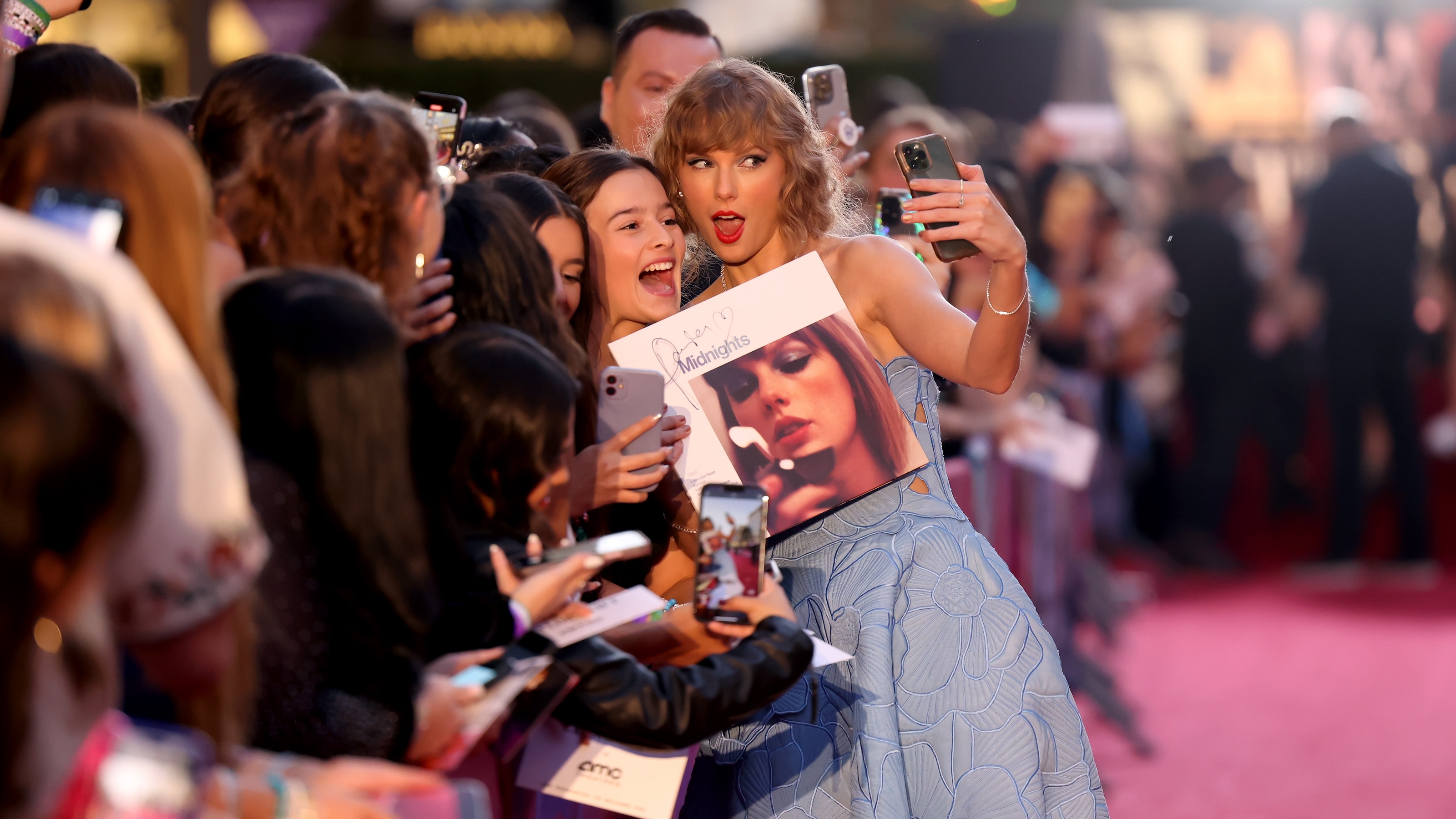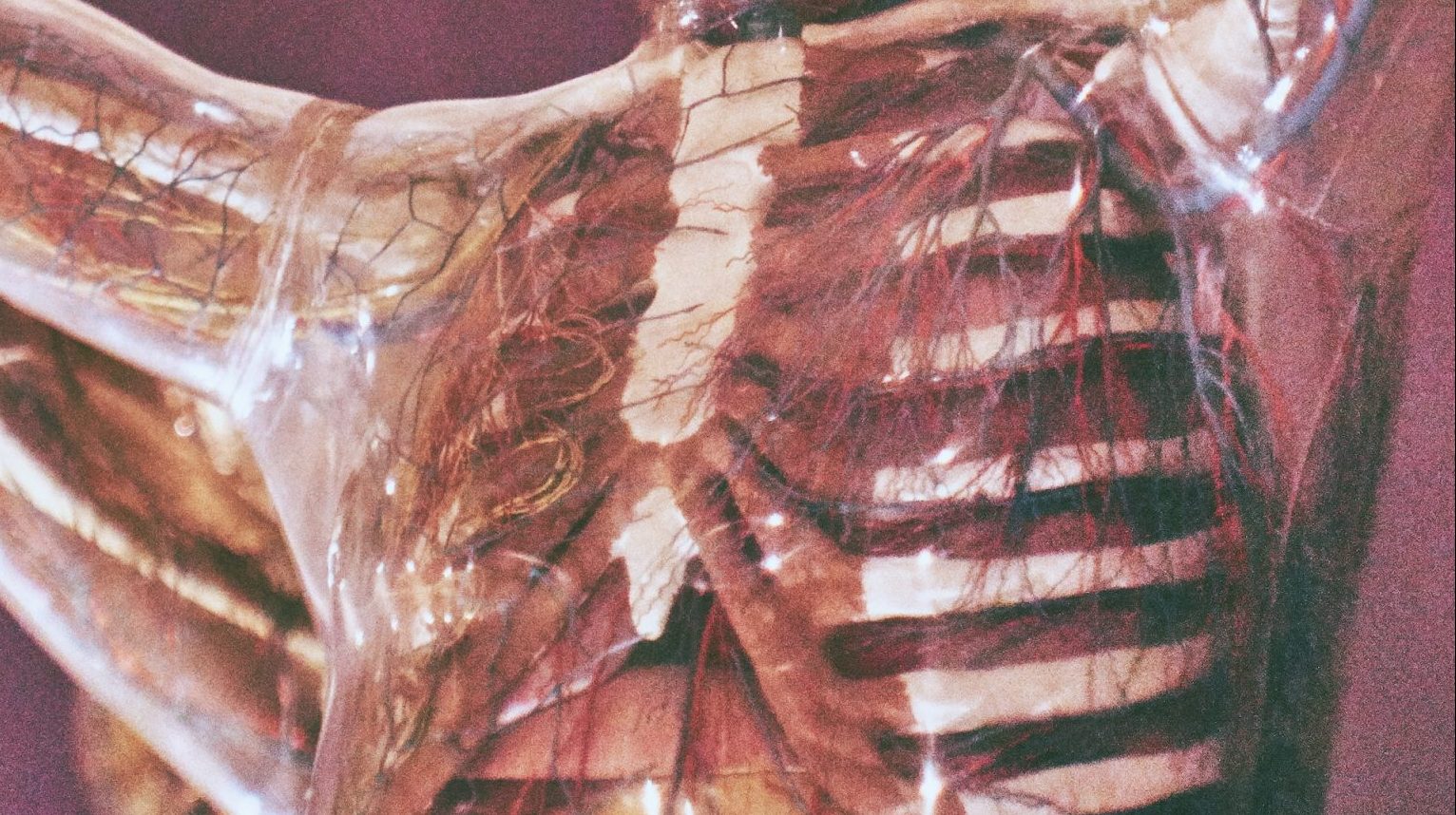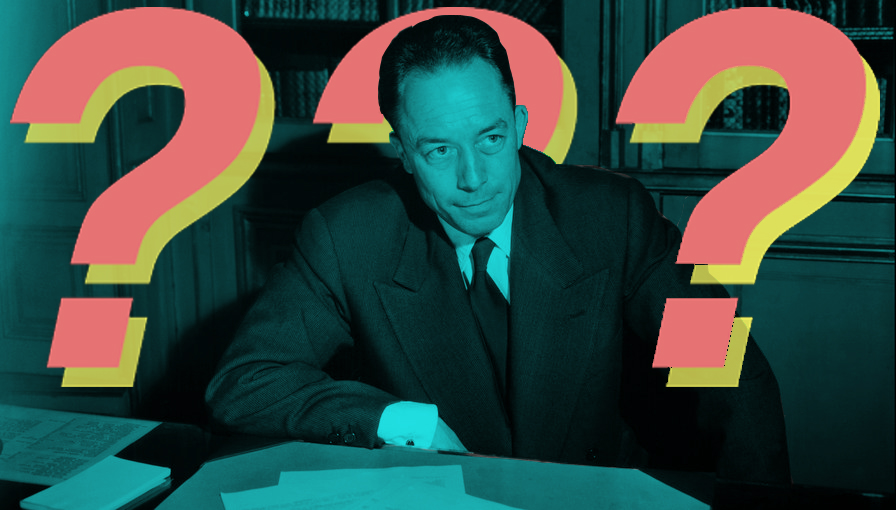Live Longer And Prosper (After Life in the NFL)

If you enjoyed watching the thunderous hits and tackles of the NFL’s opening weekend, remember this: playing pro football isn’t exactly the route to a long, full life. Thanks to the wear and tear of bone rattling collisions, and carrying more weight that a human frame is supposed to, America’s favorite weekend warriors have a life expectancy that’s more than two decades shorter than the average person’s. Can we make life after football better for players?
Yesterday the AP reported that a few players took the problem into their own hand in a rather grisly manner. NFL players Matt Birk, Lofa Tatupu, and Sean Morey announced that they would donate their brains after death to science—specifically, the Boston University med school program that studies traumatic brain injuries. More than 150 former athletes have signed up, hoping the center’s studies could help future players recover better from damaging hits to the head.
In Denver, they’re looking at the heart. Cardiologist Jeffery Boone, as a part of an organization funded by former athletes called Health Force Partners, conducts heart screenings for them. Many former players experience palpitations and other heart problems and seriously high risks for heart attack or stroke, which Boone tries to catch early and treat to diminish the likelihood of a major incident.
And there’s the weight problem, documented back in 2006 by the St. Petersburg Times. By the standard body mass index measures, 97 percent of NFL players were overweight and 56 percent classified as obese. It’s tough enough on a young body to carry that weight, and then players must try to drop pounds in a hurry when they retire—not easy when you’re used to eating multiple dinners.
Pro athletes always say that they know what they’re getting into, that it’s worth the health risk to follow their love of the game (or the money). Hopefully, though, science can help us take better care of players once their playing days are over.





